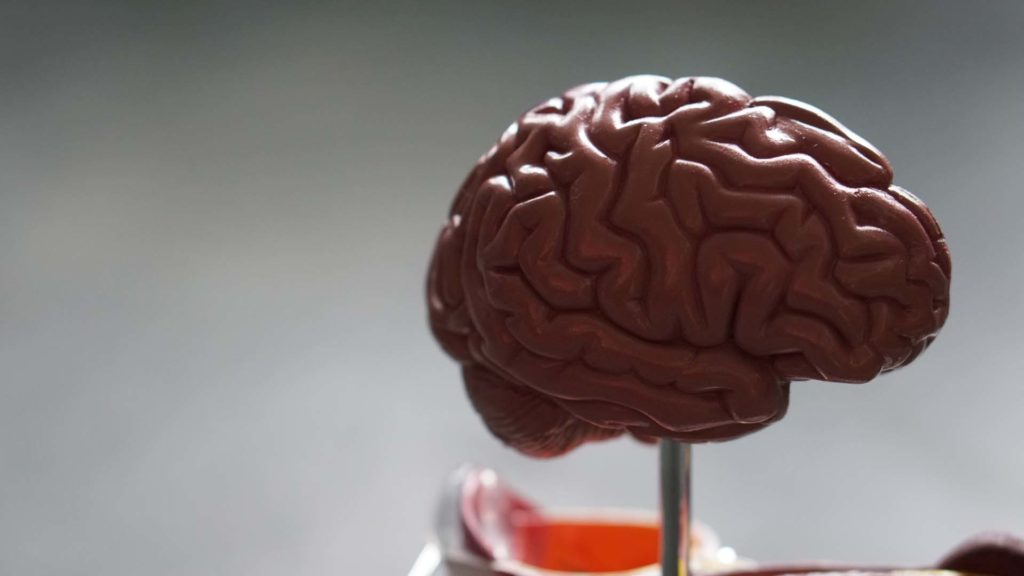The active ingredient of St. John’s Wort is hypericin. Hypericin is believed to exert a similar influence on the brain as the monoamine oxidase (MAO) inhibitors such as the one in major antidepressants. Mixing MAO inhibitors with foods high in tyramine, an amino acid, produces one of the most dramatic and dangerous food-drug interactions.

Symptoms, which can occur within minutes of ingesting such foods while taking an MAO inhibitor, include rapid rise in blood pressure, a severe headache, and perhaps collapse and even death. Foods high in tyramine include aged cheese, chicken liver, Chianti (and certain other red wines), yeast extracts, bologna (and other processed meats), dried or pickled fish, legumes, soy sauce, ale, and beer.
Some patients report that Saint John’s Wort caused excessive stimulation and sometimes dizziness, agitation and confusion when taken with other antidepressants or over-the-counter medications like Maximum Strength Dextrim and Acutrim. It also caused their blood pressure to shoot up.
White Willow, an herb traditionally used for fever, headache, pain, and rheumatic complaints may lead to gastrointestinal irritation, if used for a long time. It exhibits similar reactions as aspirin (aspirin is derived from white willow). Long term use may lead to stomach ulcers.

Drug Interaction and Food
Drug interaction risk isn’t limited to herbal supplements. Certain foods can interact with medications.
People taking Digoxin should avoid Black licorice (which contains the ingredient glycyrhizin). Together, they can produce irregular heart rhythms and cardiac arrest; licorice and diuretics will produce dangerously low potassium levels, putting a patient at risk for numbing weakness, muscle pain and even paralysis. Licorice can also interact with blood pressure medication or any calcium channel blockers.
Aged cheese (brie, parmesan, cheddar and Roquefort), fava beans, sauerkraut, Italian green beans, some beers, red wine, pepperoni and overly ripe avocados should be avoided by people taking MAO antidepressants. The interaction can cause a potentially fatal rise in blood pressure.
And because Saint John’s Wort contains the same properties as these MAO antidepressants, it stands to reason that people ingesting the herb should avoid these same foods.
©Copyright – Hector Sectzer

















